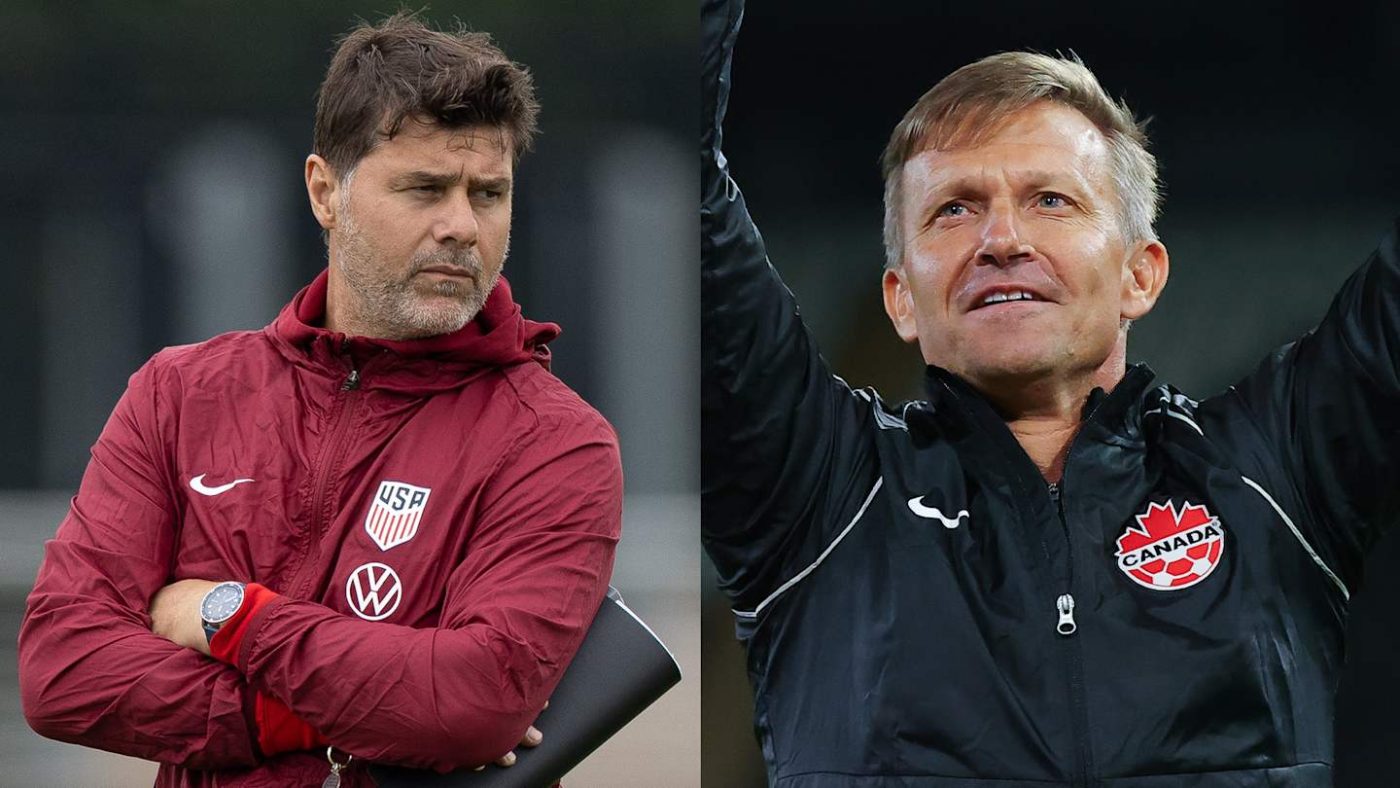Sport News
‘The Process’: USMNT, Canada in Stark Contrast As 2026 World Cup Edges Closer
With the 2026 FIFA World Cup just nine months away, co-hosts the United States and Canada are on vastly different trajectories in their preparations. Both nations are eager to make a significant impact on home soil, especially after falling short in recent CONCACAF Nations League and Gold Cup campaigns. However, the philosophies guiding their respective head coaches, Mauricio Pochettino for the USMNT and Jesse Marsch for Canada, couldn’t be more distinct.
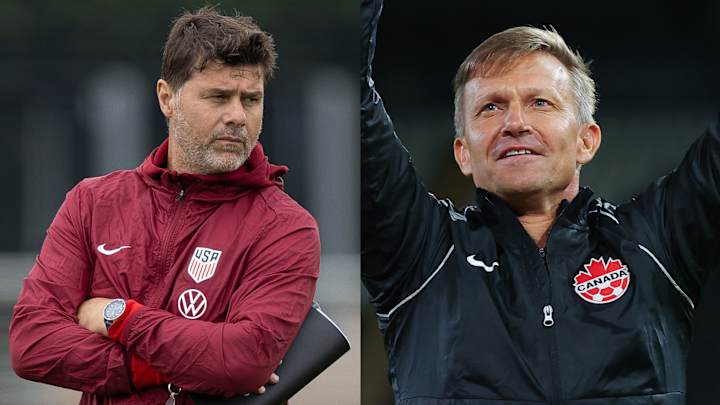
While Mexico boasts two trophies in 2025, a feat undoubtedly eyed with envy by their North American counterparts, the paths of the USMNT and Canada diverge sharply. The narrative is further intensified by an American coach, Jesse Marsch, leading the Canadian squad, and the USMNT carrying the weight of a “Golden Generation” under the guidance of a marquee manager in Pochettino.
Contrasting Coaching Philosophies
After just over a year in their respective roles, the statistics paint a compelling picture. Marsch’s Canada holds a 12-7-3 record, achieving a record-high FIFA ranking. Their recent back-to-back victories against European opposition in Europe—a historic 3-0 win over Romania and a 1-0 triumph against Wales—underscore a team that appears to be executing a well-defined strategy.
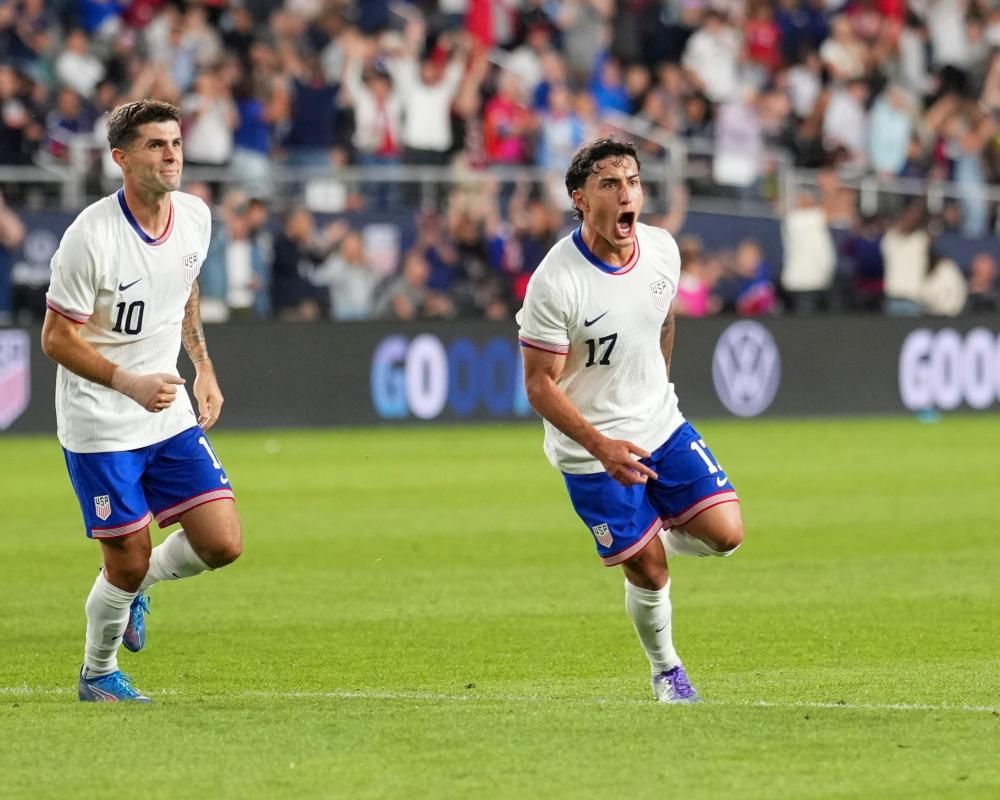
In contrast, Pochettino’s USMNT has a 10-6-1 record, but a concerning six losses in eight games against top-30 opposition. Their recent performances have been a rollercoaster, from a “dispiriting” 2-0 loss to South Korea to a “vastly improved” 2-0 win over Japan. This inconsistency raises questions about their readiness for the global stage.
Roster Dynamics: Stability vs. Experimentation
The divergent approaches are most evident in roster management. For the USMNT, Pochettino has emphasized continuous experimentation, even as the World Cup looms. “The most important is the process. The most important is say today win or lose, you know, it’s about the process,” Pochettino stated after the Japan victory. “It’s about the players really believing what we are doing, that they respect us, how we respect them.” This philosophy has seen core players like Weston McKennie (Juventus) and Malik Tillman (Bayer Leverkusen) left out of recent squads, with Pochettino declaring, “No one has their place [assured]… you need to fight, need to fight because that is an open system.”

Canada, under Marsch, has adopted a more methodical approach, with a largely settled roster. “Our group has, in terms of selection for the overall pool, become clearer and clearer and stabilized,” Marsch explained. He views the final three windows of 2025 as a singular focus, aiming to build chemistry and cohesion. This stability is reflected in minimal changes between recent matches, a stark contrast to Pochettino’s rotational policy.
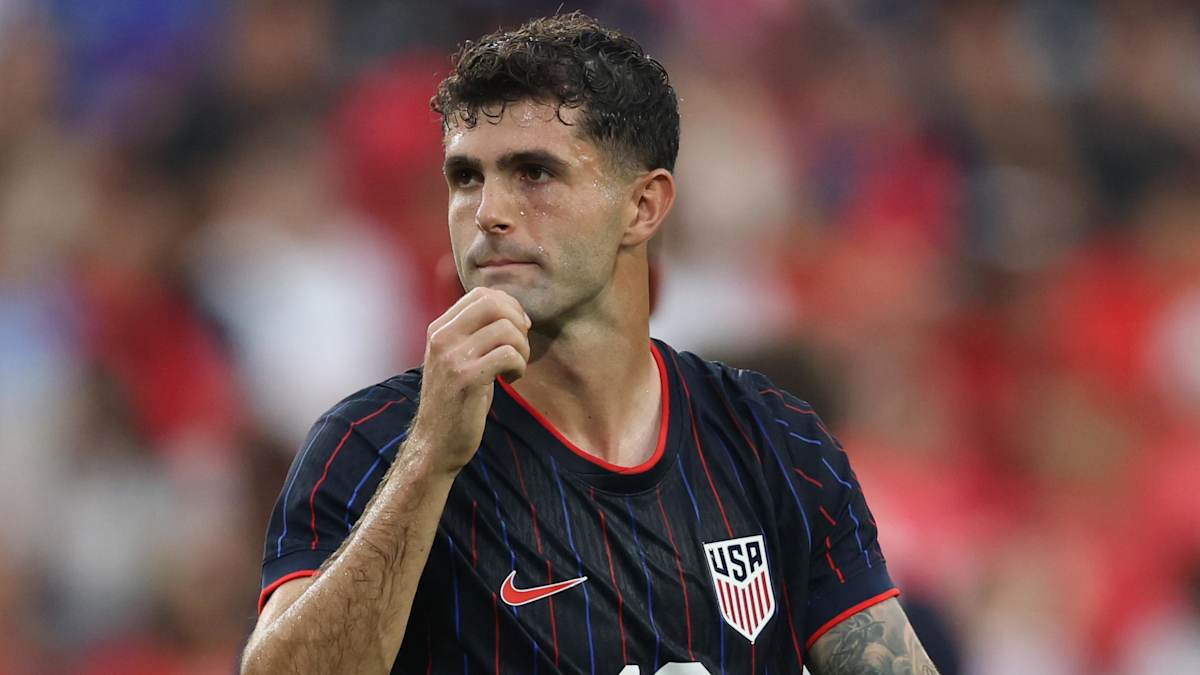
Tactical Flexibility vs. Defined System
Pochettino’s willingness to experiment extends to tactics. The USMNT’s recent shift to a 3-5-2 formation against Japan marked the first tactical departure under his tenure. “I think it’s good to have different plans,” Pochettino commented, suggesting a desire for tactical versatility. This contrasts sharply with Canada’s settled 4-2-2-2 formation, which provides a clear framework for player development and understanding.
The uncertainty surrounding the USMNT’s lineup has drawn criticism from legends like Landon Donovan. “I’m a little confused, because it seems like the experimental phase is still going on, in my opinion,” Donovan remarked on the Unfiltered Podcast. While acknowledging injury challenges, he found some decisions “a little bit head-scratching.”
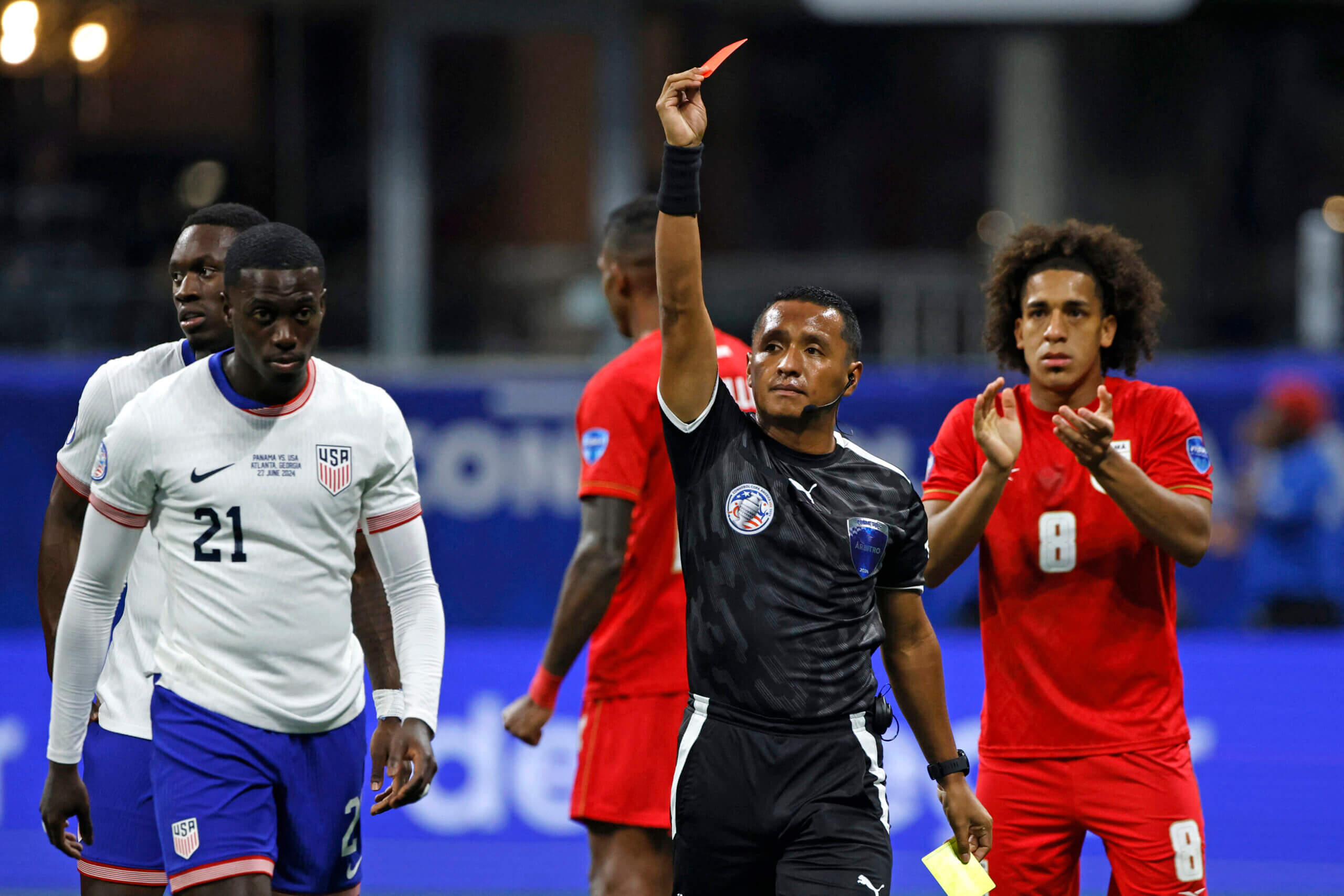
Meanwhile, Canada’s core is solidifying, with starting positions becoming clearer. This allows them to build crucial chemistry in the remaining matches of 2025. “We’re moving things forward in a really good way,” Marsch affirmed, highlighting the players’ understanding of their responsibilities.
The Road Ahead
As the clock ticks towards June 2026, both nations face critical tests. The USMNT will use October friendlies against Ecuador and Australia to further refine their approach, while Canada will face Australia and Colombia. The ultimate success of either strategy will be unveiled when the 2026 FIFA World Cup kicks off in Toronto and Los Angeles.
Pochettino remains philosophical despite the inconsistencies. “If you go to the past, when things happen like this, the teams were very successful,” he mused after the Japan win, suggesting a belief in his long-term vision. Only time will tell which “process” proves to be the winning formula on the grandest stage of them all.
Ben Steiner is an American-Canadian journalist with extensive experience covering North American national teams, MLS, CPL, NWSL, NSL, and Liga MX for prominent outlets, including MLSsoccer.com, CBC Sports, and OneSoccer.
